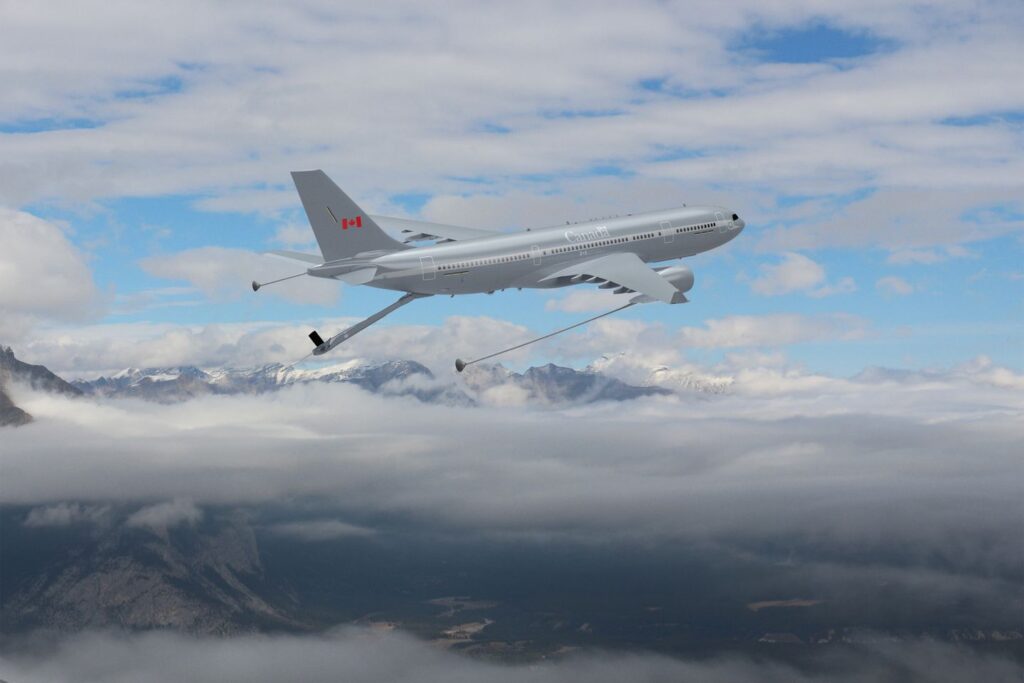Aerospace Aerospace news Air Cargo News Air Force News Airbus news Airplane News Aviation news Business News Canada Canadian News Cargo News Communications News Defense News Economic News Economy News European News Finance News Global Politics International News Manufacturing & Assembly News Military Military News News stock stock news transport Transportation Transportation News
Canadian Government orders 4 new Airbus A330 MRTT’s
Getafe, Spain / Ottawa, Canada - 25 July 2023 – The Government of Canada has awarded Airbus (OTC: EADSY) Defence and Space with a contract for four newly-built Airbus A330 Multi Role Tanker Transport aircraft (MRTT) and…

